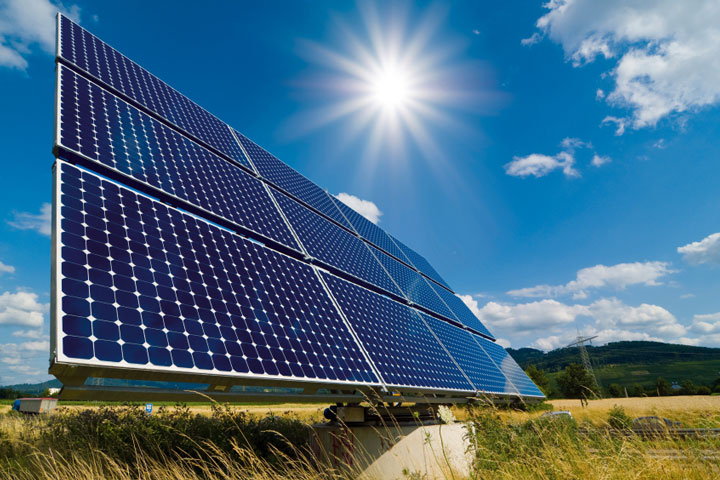The global oil declined today as Brent crude prices plummeted below $83 per barrel, its lowest level since mid-March.
This steep decline comes amidst a confluence of factors, including a worrisome surge in US oil inventories and escalating geopolitical tensions in the Middle East.
On the commodity exchanges, Brent crude, the international benchmark for oil prices, experienced a sharp decline, dipping below the psychologically crucial threshold of $83 per barrel.
West Texas Intermediate (WTI) crude oil, the US benchmark, also saw a notable decrease to $77 per barrel.
The downward spiral in oil prices has been attributed to a plethora of factors rattling the market’s stability.
One of the primary drivers behind the recent slump in oil prices is the mounting stockpiles of crude oil in the United States.
According to industry estimates, crude inventories at Cushing, Oklahoma, the delivery point for WTI futures contracts, surged by over 1 million barrels last week.
Also, reports indicate a significant buildup in nationwide holdings of gasoline and distillates, further exacerbating concerns about oversupply in the market.
Meanwhile, geopolitical tensions in the Middle East continue to add a layer of uncertainty to the oil market dynamics.
The Israeli military’s incursion into the Gazan city of Rafah has intensified concerns about the potential escalation of conflicts in the region.
Despite efforts to broker a truce between Israel and Hamas, designated as a terrorist organization by both the US and the European Union, a lasting peace agreement remains elusive, fostering an environment of instability that reverberates across global energy markets.
Analysts and investors alike are closely monitoring these developments, with many expressing apprehension about the implications for oil prices in the near term.
The recent downturn in oil prices reflects a broader trend of market pessimism, with indicators such as timespreads and processing margins signaling a weakening outlook for the commodity.
The narrowing of Brent and WTI’s prompt spreads to multi-month lows suggests that market conditions are becoming increasingly less favorable for oil producers.
Furthermore, the strengthening of the US dollar is compounding the challenges facing the oil market, as a stronger dollar renders commodities more expensive for investors using other currencies.
The dollar’s upward trajectory, coupled with oil’s breach below its 100-day moving average, has intensified selling pressure on crude futures, exacerbating the latest bout of price weakness.
In the face of these headwinds, some market observers remain cautiously optimistic, citing ongoing supply-side risks as a potential source of support for oil prices.
Factors such as the upcoming June meeting of the Organization of the Petroleum Exporting Countries (OPEC+) and the prospect of renewed curbs on Iranian and Venezuelan oil production could potentially mitigate downward pressure on prices in the coming months.
However, uncertainties surrounding the trajectory of global oil demand, geopolitical developments, and the efficacy of OPEC+ supply policies continue to cast a shadow of uncertainty over the oil market outlook.
As traders await official data on crude inventories and monitor geopolitical developments in the Middle East, the coming days are likely to be marked by heightened volatility and uncertainty in the oil markets.



 Naira4 weeks ago
Naira4 weeks ago


 Naira3 weeks ago
Naira3 weeks ago




 Naira3 weeks ago
Naira3 weeks ago




 Naira4 weeks ago
Naira4 weeks ago




 Naira2 weeks ago
Naira2 weeks ago
 Commodities4 weeks ago
Commodities4 weeks ago


 Sport Business4 weeks ago
Sport Business4 weeks ago


 News3 weeks ago
News3 weeks ago




















